Conference Report - Workshop 'Cities in Federal Theory'
/Erika Arban
Melbourne Law School
On 20-21 June 2019, Dr. Erika Arban convened the workshop ‘Cities in Federal Theory’. The workshop was an initiative of the Laureate Program in Comparative Constitutional Law, a program funded by the Australian Research Council for 2017-2022 and based at Melbourne Law School, which is also home to a large group of comparative constitutional law scholars working at the Centre for Comparative Constitutional Studies at the University of Melbourne.
The purpose of the workshop was to initiate a global discussion among junior and senior legal scholars on the role and place of cities in federal constitutional theory. The point of departure of the workshop was that cities (and, in particular, metropolitan cities and megacities) could be conceived of as unique socio-economic spaces where a constant need exists to reconcile diversity and social cohesion through legal tools, yet most (federal) constitutions are silent on the role and powers of cities. Furthermore, while social sciences scholarship has extensively studied cities from different perspectives, cities remain an understudied subject from a legal and constitutional perspective. The workshop thus represented a unique opportunity for constitutional scholars to discuss this emerging topic.
The workshop rotated around three major themes. First, exploring the city as a legal concept, and thus offering a theorization of why cities in federal systems should be equipped with more powerful legal tools. Second, the workshop looked at specific case-studies from several jurisdictions, both in the Western world and in the Global South, to better establish which problems cities are facing and which legal tools exist (or not) to help them better perform their roles. Third, what could be the way forward.
The following is a brief summary of the major themes that emerged and were discussed during the workshop.
20 June 2019 (Day 1)
After the welcoming remarks by Professor Adrienne Stone and Dr. Erika Arban, the workshop started with an introductory panel featuring three distinguished speakers, whose purpose was to set the framework for subsequent discussion. First, Professor Richard Schragger of the University of Virginia School of Law started off the discussion via videoconference provocatively asking whether federalism is bad for cities, considering that federal constitutions do not (or very rarely) offer constitutional protection to the city despite it being a driving force in the domestic and international context. Next, Professor Ran Hirschl of the University of Toronto/University of Göttingen offered a comparative overview on ‘Urbanization, Megacities and Constitutional Silence’, during which he presented some staggering figures demonstrating the level of expansion of megacities (thus presenting urban agglomeration as a burning policy challenge of our century) and claiming that the focus of constitutional law is overwhelmingly statist, considering that very few constitutions entrench cities. This poses significant constitutional challenges to modern cities and their constitutional dimension, thus calling for an increased attention to the problem from comparative constitutional law scholars. After a lively discussion on the points that emerged from these presentations, Professor Yishai Blank from Tel Aviv University concluded the panel, presenting a very thought-provoking argument around the idea of cities rights versus cities powers. He invited participants to think of cities as corporations so as to conceive of them as rights-bearers.
The remainder of the workshop was devoted to the discussion of specific case studies in a number of jurisdictions. In the panel on Africa, Associate Professor Yonatan Fessha (Marie Curie Fellow at EURAC Bolzano/University of the Western Cape) discussed the so-called special interest clause in the Ethiopian Constitution (providing for the special interest of the State of Oromia in Addis Ababa) and arguing that it is not about ownership but rather about inter-governmental relations. This presentation was a powerful demonstration of the difficulties that might emerge in capital cities in divided and diverse societies when it comes to indigeneity and ownership of the capital territory.
The next panel, on the UK, introduced the constitutional position of the English city between localism, quasi-federalism and democracy, as presented by Dr. John Stanton (City University London). His main argument was that the nature of the UK constitution results in regional and local institutions of government being legally inferior to the legislature and fully dependent on it for the exercise of the full scope of their powers.
The last panel of the first day featured two presentations from the Global South. Professor Antonio Hernandez of the University of Cordoba (Argentina) outlined the constitutional powers and role of the city of Buenos Aires and more generally the constitutional recognition of local governments in the Argentinian constitution. Next, Mr. Mathew Idiculla (Centre for Law and Policy Research, Bangalore) illustrated the incomplete power under the Indian constitutional scheme, arguing more generally that federal theory has paid inadequate attention to the role of cities and local governments in the constitutional division of powers.
21 June 2019 (Day 2)
The second day started with a panel devoted to the place and power of Canadian cities, featuring Professor Hoi Kong and Dr. Alexandra Flynn both from the Peter A. Allard School of Law at the University of British Columbia. By using the city of Montreal as a case-study, Prof. Kong advanced an institutional proposal for a constitutional change regarding Canadian cities, while Dr. Flynn used the case of Toronto’s ward boundaries to investigate the relationship between subsidiarity and federalism and suggesting the notion of “operative subsidiarity” as the lens through which to re-imagine municipal authority.
The next panel focused on Europe with two presentations. First, by looking at the specific cases of Italy, Germany and Austria, Ms. Annika Kress of EURAC Research Bolzano/Bozen presented a paper (co-authored with Dr. Karl Kössler) trying to assess the extent to which European cities – three decades after the entry into force of the European Charter of Local Self-Government – can be truly considered to be self-governing in their role as policy-makers and policy-takers.; the cases discussed included Italy, Germany and Austria. Next, Mr. Florian Bergamin of the Institute of Federalism in Fribourg, Switzerland discussed the legal concept of cities in the context of Swiss federalism, especially by looking at how to define a city for legal purposes and at the provision contained in article 50 of the Constitution (which invites the Confederation to consider ‘the special position of cities’).
In the afternoon, the panel devoted to the United States saw the presentations of Associate Professor William Partlett, Melbourne Law School, and of Professor Richard Briffault of Columbia Law School. By drawing on examples from the United States as well as other jurisdictions, Prof. Partlett’s presentation advanced the idea that, while federal states are premised on the understanding that decentralization yields important advantages (e.g. increased policy effectiveness, allowing for local experimentation and flexibility, deepening democracy, etc.), federations frequently ignore these advantages when reforming the criminal justice system. His argument was that cities could become key players in this context. Professor Richard Briffault, on the other hand, discussed a recent trend in state-local conflicts in the US and the scope of state pre-emption, partially due to a growing ideological divide between more progressive cities and more conservative states. He reflected on how cities could be better integrated into US federalism.
The final panel featured a presentation by Professor Graham Sansom of University Technology Sydney on the Australian Model of Metropolitan Governance. Considering that the current institutional framework for metropolitan governance is the product of Australia’s history of settlement and the constitutional basis on which the federation was established in 1901, Sansom asked whether those arrangements, their evolution over recent decades and the ways in which they are currently being implemented, are appropriate for meeting the challenges of the 21st century.
The 2019 Workshop was certainly a success and a stepping-stone on the way to (re)thinking the role of cities in constitutional law and constitutional federalism. In her concluding remarks, Dr. Arban expressed the hope that the discussion on cities will continue, as this is an important emerging topic. One potential forum for such a discussion might be the newly established IACL Research Group on ‘New Frontiers of Federalism’ that Dr. Arban and Dr. Antonia Baraggia (University of Milan) have recently created.
Dr. Erika Arban is a post-doctoral fellow in the Laureate Program in Comparative Constitutional Law at Melbourne Law School.
Suggested citation: Erika Arban, “2019 Workshop ‘Cities in Federal Theory’ 20-21 June 2019” IACL-AIDC Blog (17 July 2019) https://blog-iacl-aidc.org/2019-posts/2019/7/17/conference-report-workshop-cities-in-federal-theory




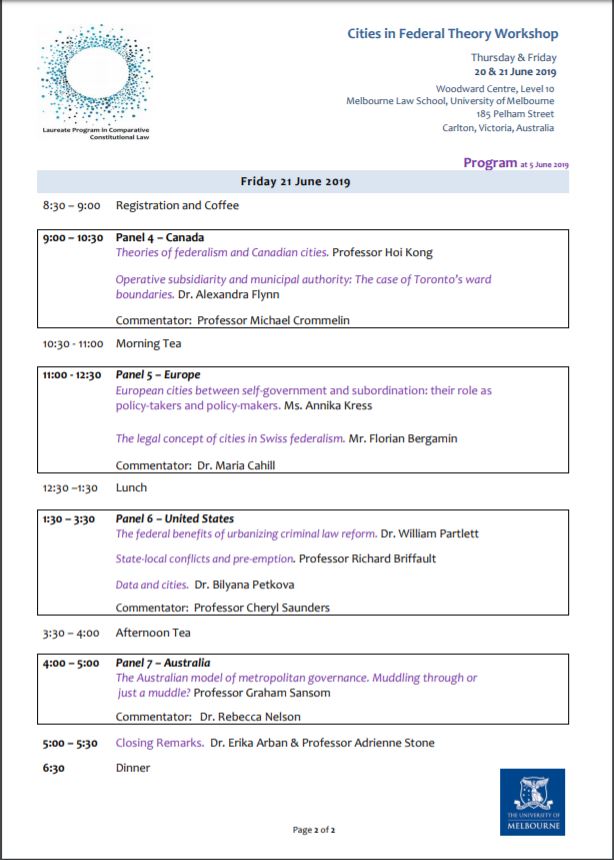

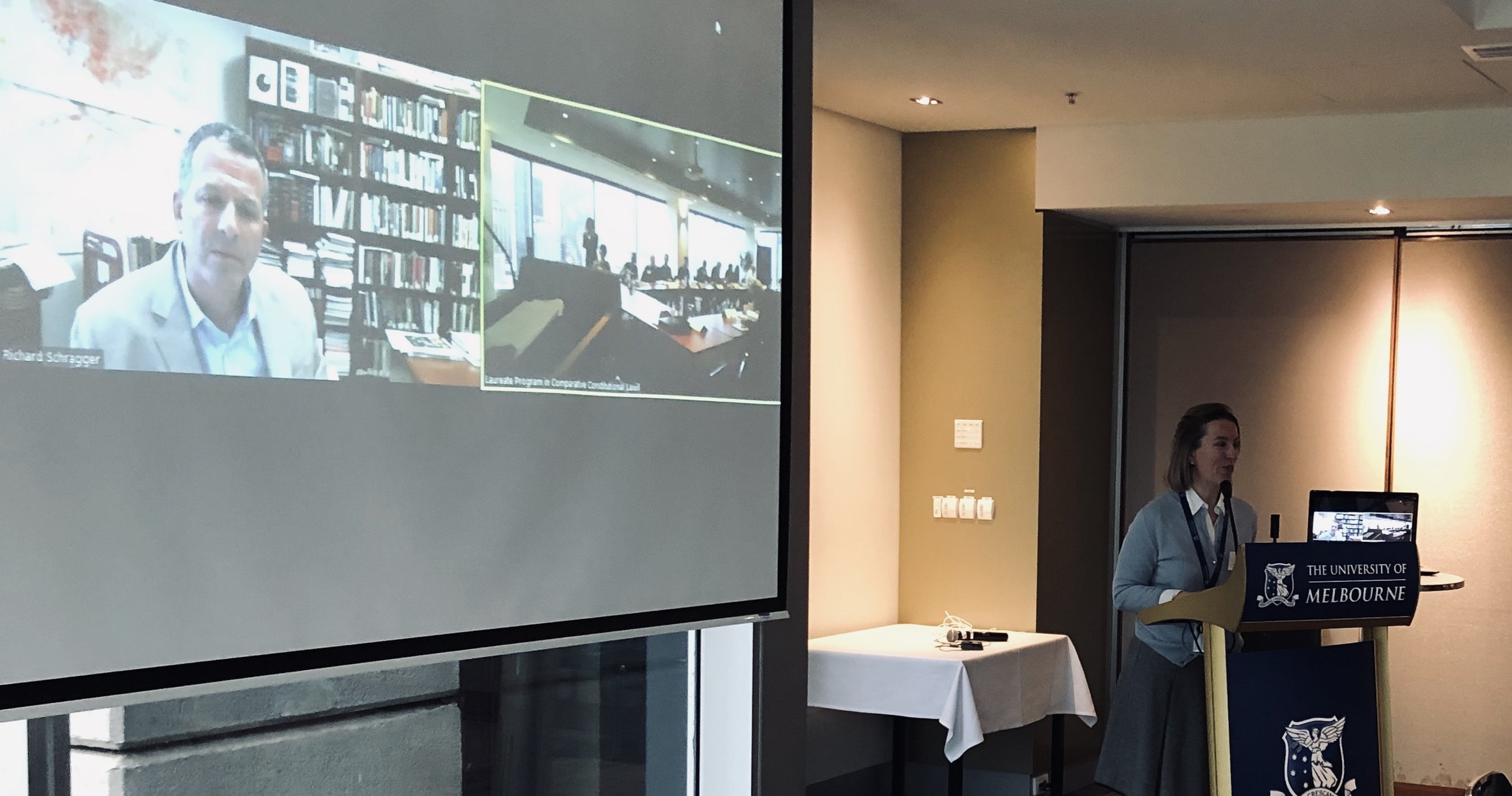
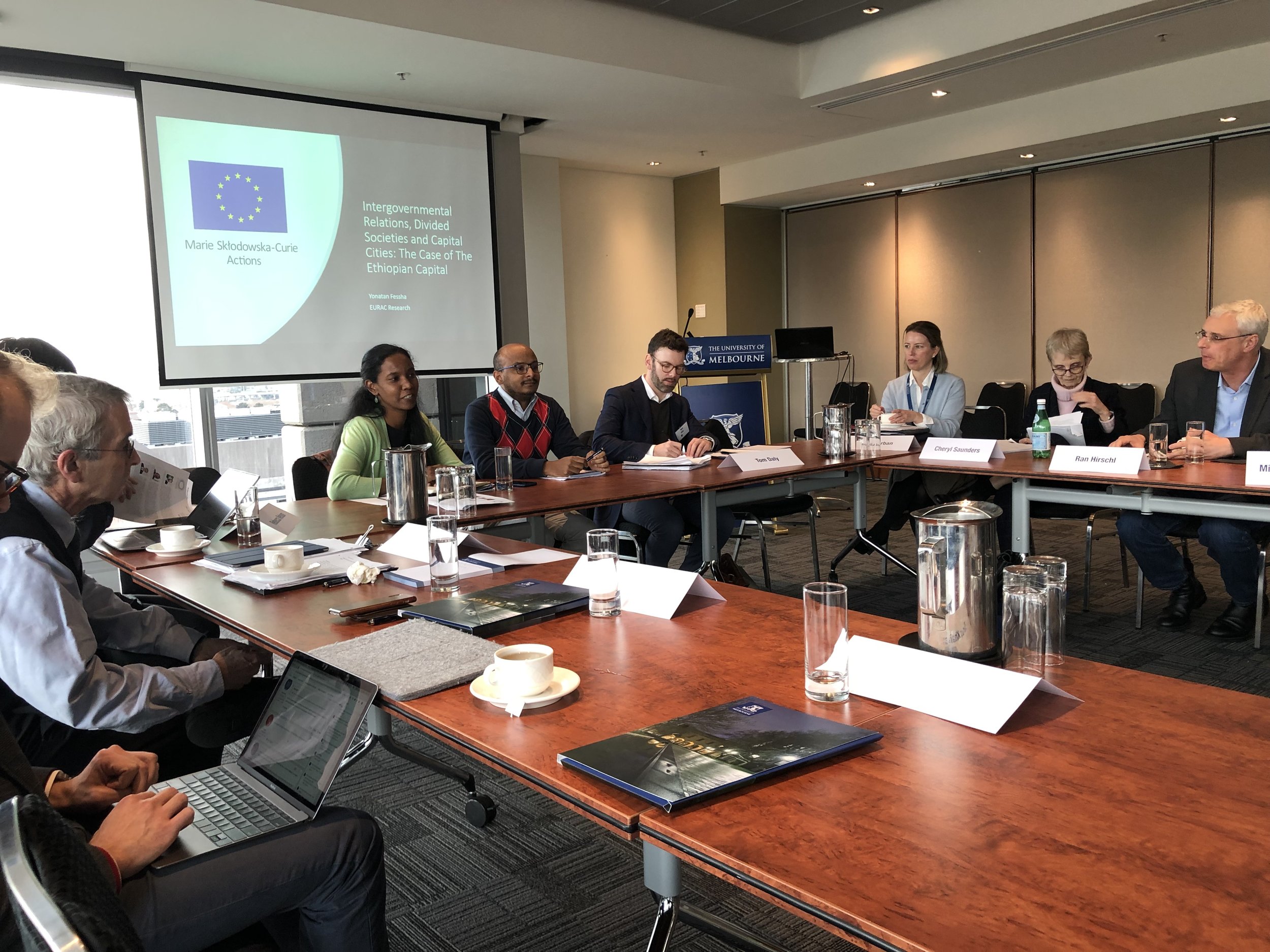
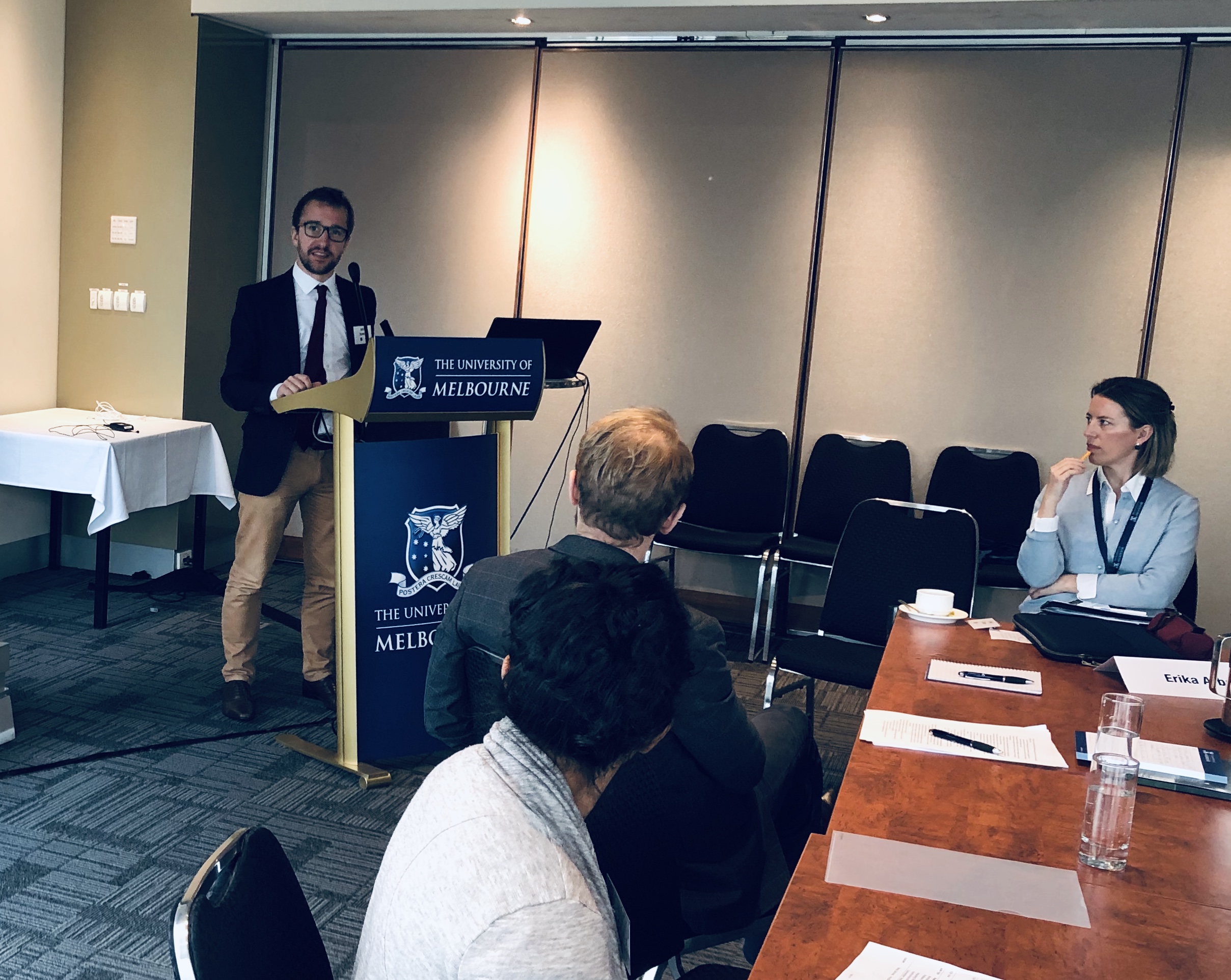
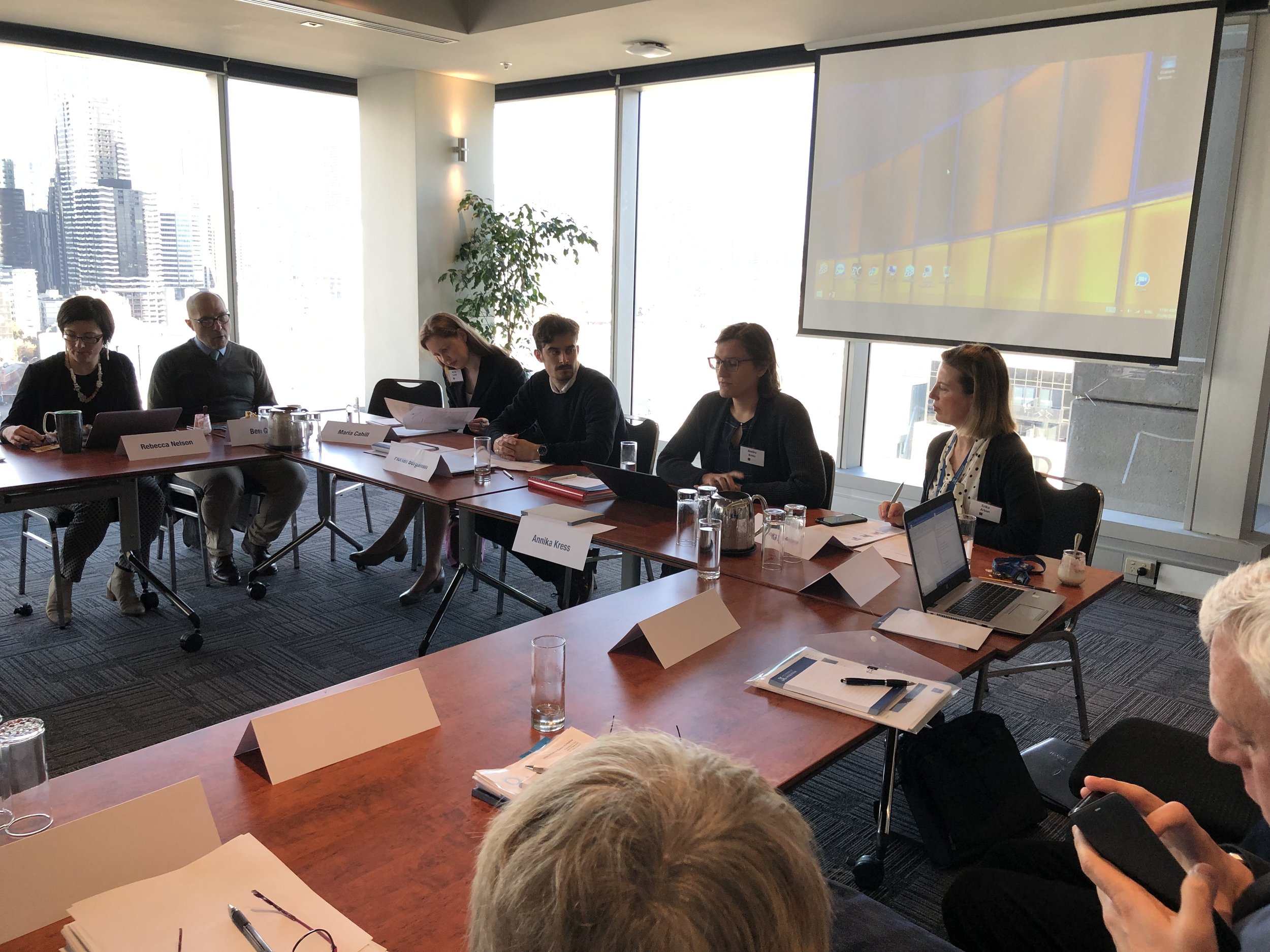
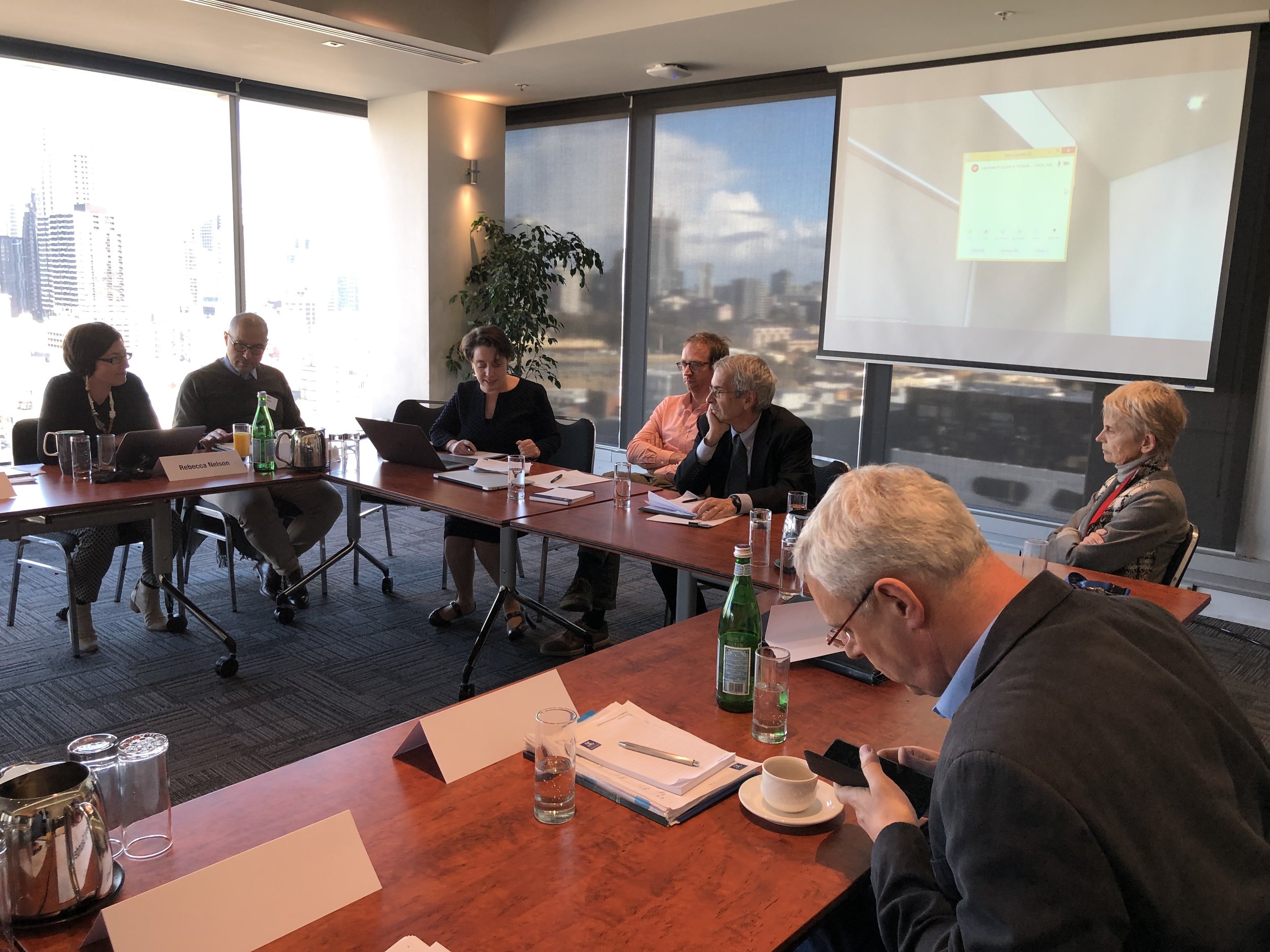
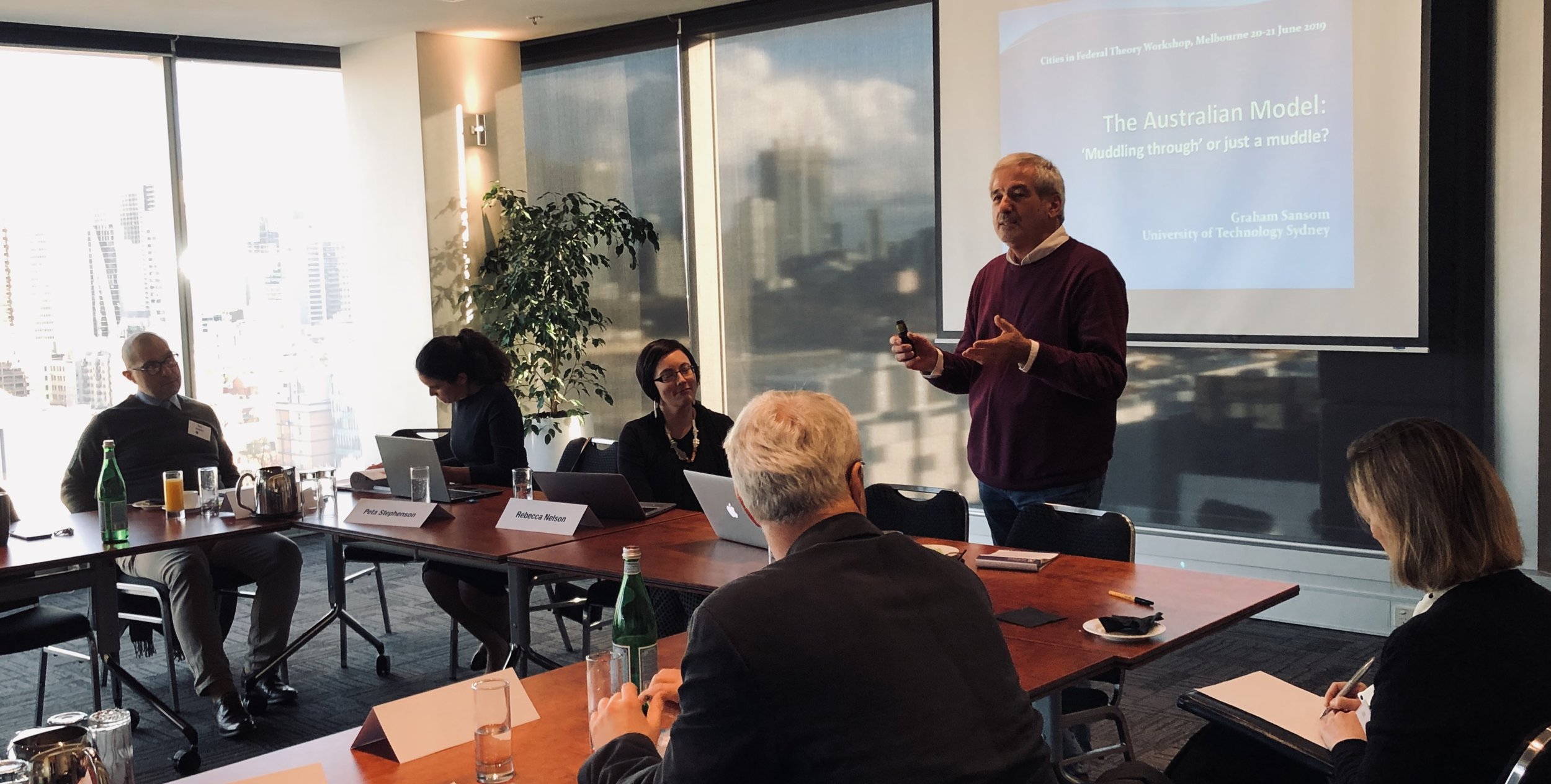
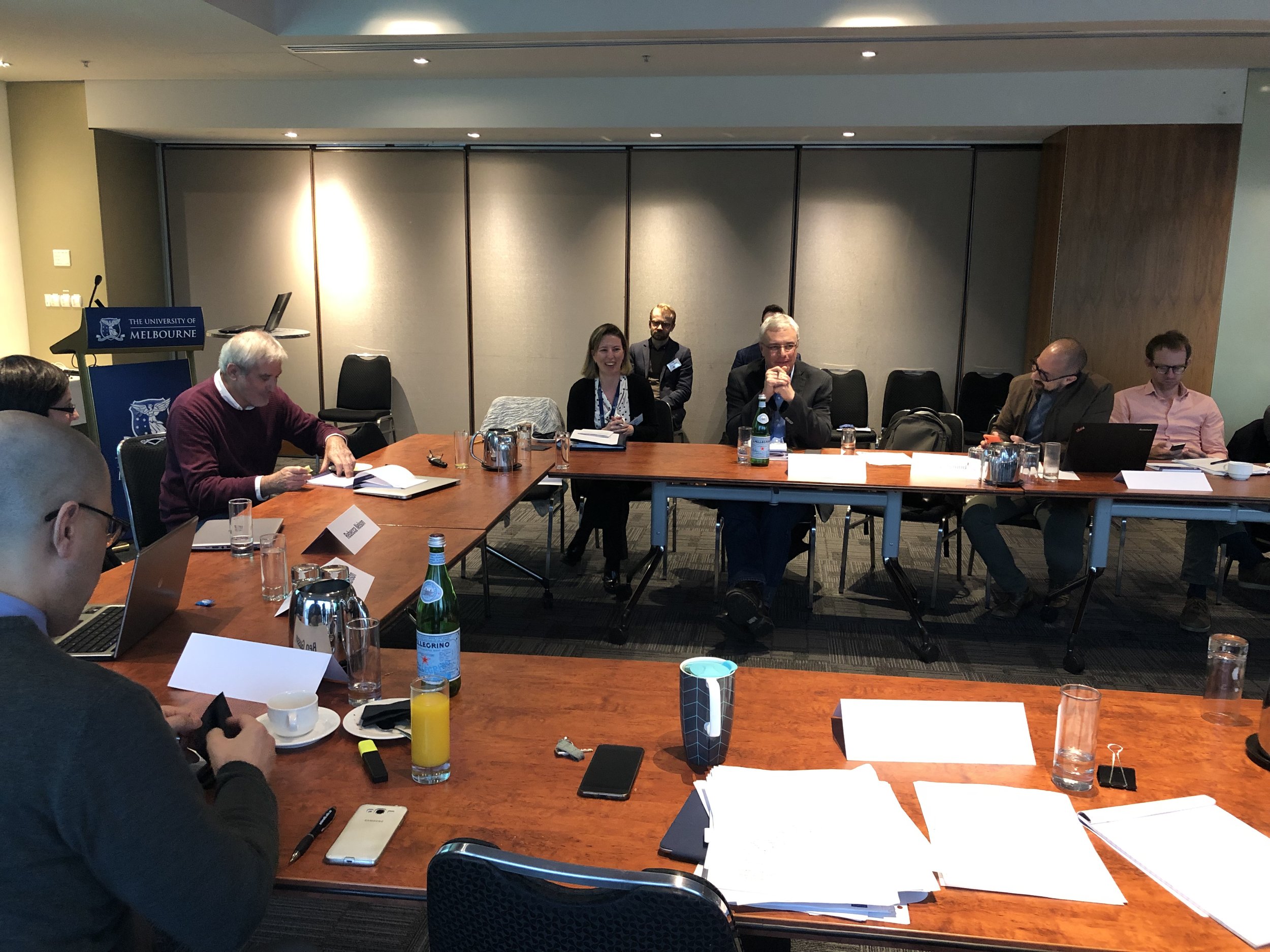
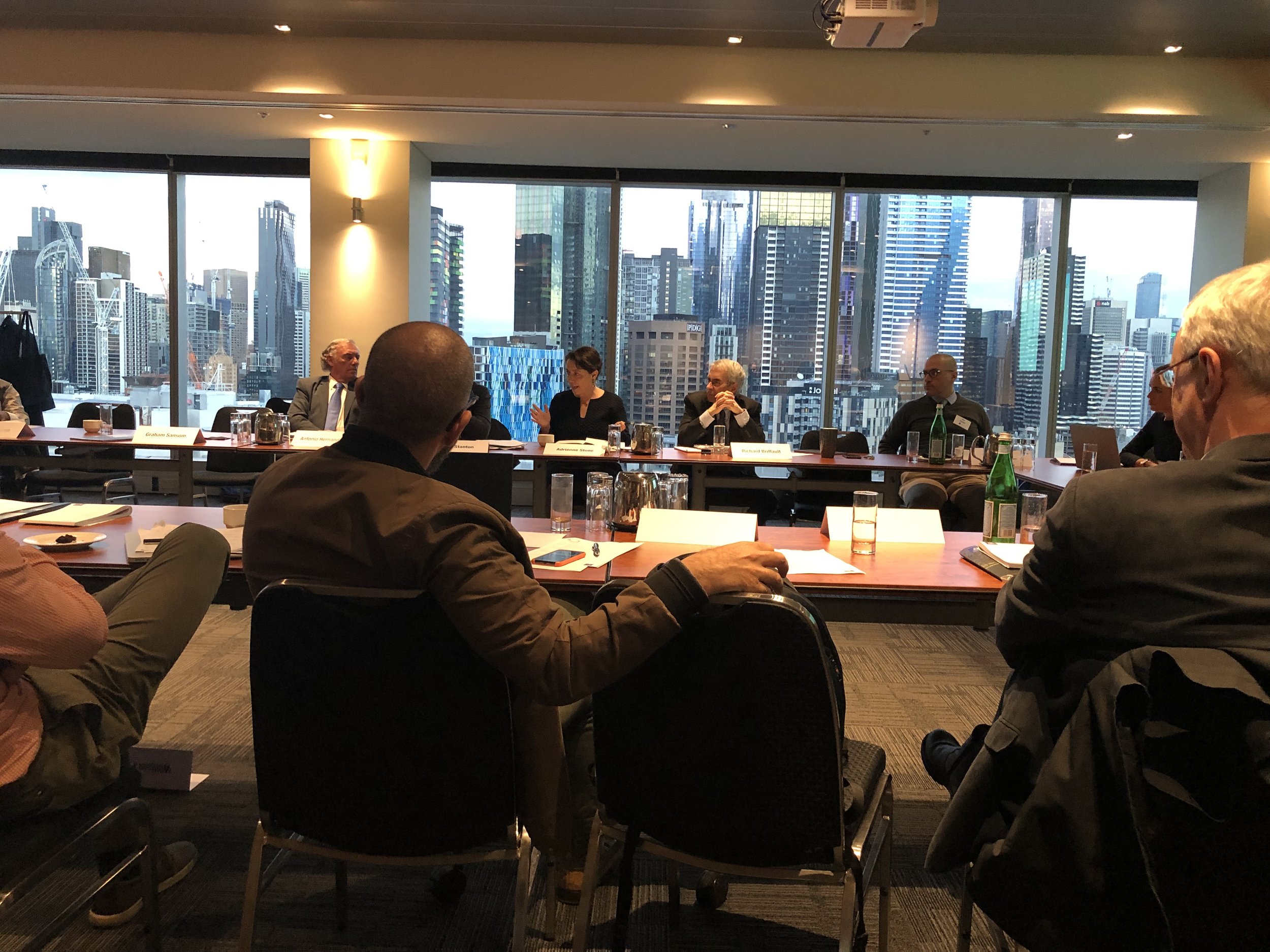




![Xx1088_-_Seoul_city_nightscape_during_1988_Paralympics_-_3b_-_Scan [test].jpg](https://images.squarespace-cdn.com/content/v1/5af3f84a4eddec846552ea29/1527486925632-3VZP3ASLAHP1LJI0D9NJ/Xx1088_-_Seoul_city_nightscape_during_1988_Paralympics_-_3b_-_Scan+%5Btest%5D.jpg)
